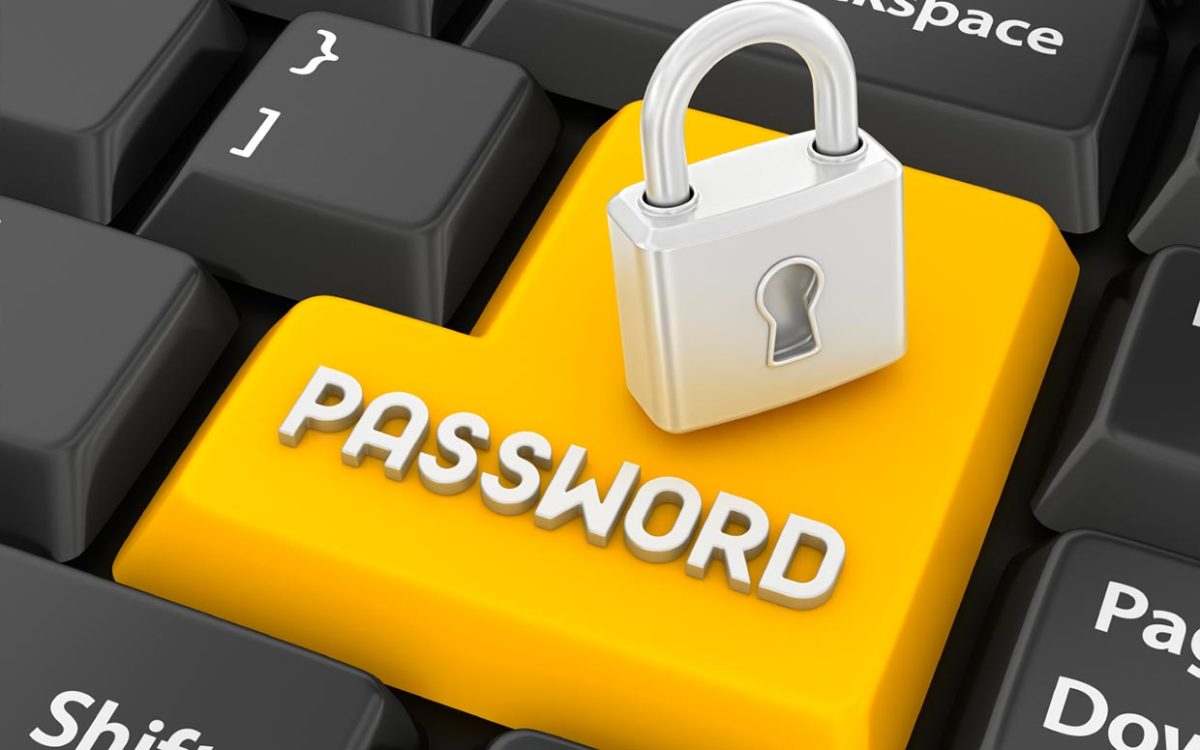Reduce Your Risk of Falling Victim to Hacking, Phishing Scams and Identity Theft

The proliferation of electronic devices has made life much more convenient, making it easier to maintain contact with family, friends and colleagues and keep up with work while on the move. Not only is it commonplace to own and use one or more items of electronic equipment, but the number of processes that can be completed on them is also increasing. In view of the range of abilities these devices can boast, this can cause many of us to consider them essential to the point of feeling lost without them.
Advances in technology can also help make life easier when it comes to managing our money, whether through Chip and Pin, touch-and-pay technology or banking apps, we are in a position to look after our finances and pay for goods and services no matter where we are.
Electronics firms constantly compete with each other to put the latest products on the market and consumers take the bait, continually seeking new products and demanding more from the items we use. Despite technological advances, the criminals find a way to circumvent the security measures and often appear to be more knowledgeable than the creators of the technology.
While all of this may seem like a beneficial situation, it can also be the cause of more detrimental circumstances. For example, access to personal information inadvertently being granted to those who should not have it as technological abilities are moving faster than security measures that should be coupled with them. As we collect an increasing number of devices and put them to more use, we run the risk of increasing the opportunity for criminals to take advantage and gain access to our information and money.
In order to prevent the hassle and heartbreak of being the victim of a scam, hacking or identity theft, it is important to be aware of the techniques that can be used by criminals to succeed in their task. This way, the necessary steps can be taken to counter this and keep your information and money safe.
Hacking
Hacking occurs when a hacker gains access to an email account or website remotely, whether for the purpose of malice – adjusting the details – or crime – stealing customer’s details. In recent years, hackers have been able to access the websites of large multinational companies and US security services, which has resulted in criminal prosecutions. This is a positive result for those concerned about the security of the internet, but this is just the tip of the iceberg. Many hackers do not go after high profile targets and go unpunished because the victims do not have the resources to take action.
To prevent this happening, make sure that the firewall and anti-virus software on any computer you use is current and in force at all times. This will protect your computer from viruses that can allow others with bad intentions to gain access to information on your computer and actions that you carry out over the internet.
Arguably, the most common form that this takes is hacking into an email account. Spammers will do this in order to send a high volume of junk emails from your account without it being traced back to them.
Other types of internet accounts can also be hacked, such as those held as a customer with providers of goods or services, like Amazon or eBay. Hacking of this type is particularly dangerous where your debit or credit card details are stored on the website as the criminal will then have access to them.
To keep your online accounts safe, it is recommended that you avoid using the same password for all accounts. Though several different passwords can seem like a hassle, it is worth it to avoid having your information stolen. It is advisable to steer clear of passwords that are obvious, such as ‘password’, ‘12345678’, your name or date of birth and to use a combination of letters, numbers and characters to make them less easy for others to decipher.
It is also a good idea to change your passwords on a regular basis to keep your accounts safe, and ensure that the ‘remember my password’ or ‘keep me signed in’ option is not selected when using a public or borrowed computer.
Even if you do not use a particular account often, it is a good idea to check it on a regular basis to ensure there is no unauthorised activity or close it altogether.
Phishing
A phishing scam works by the criminal creating an email that mimics that of an established, reputable company that you may or may not have used previously.
The email will appear exactly like that of the real company and will often provide a link to the related website where you will be prompted to enter your login details and password. Not only is the initial email fake, but the website you are lead to is also fake and is designed for the sole purpose of obtaining your information to log in to the real website.
You may find that you receive emails of this type from companies that you do not even use, but this is because cyber criminals that use this type of scam work in volume. They will often send out hundreds, if not thousands, of emails in the hope that just a few people will fall for it and provide the relevant details.
Phishing is particularly prevalent with banks, with the email usually immediately grabbing your attention by referring to a problem with your account. In addition to a link to a fake website, many will often simply request that you reply with the password used for online banking. Before you know it, your account will be emptied.
Many companies, such as Paypal, encourage consumers to forward them any phishing (or spoof) emails that they may have received, and also provide a clear outline of the form that genuine emails from them will take. These companies will often also have a dedicated email address to which fake emails can be sent to make the process easier.
Situations like these can be avoided by taking some time to consider emails rather than immediately reacting by responding as asked. A genuine company will never ask you to reveal your password at all, let alone through an email.
If you receive an email from a company that you use and you are not sure whether it is genuine or not, do not use any link within the email. Instead, type the web address directly into the browser and go to the website to check your account to see whether the details provided in the email are true. If not, mark the email as spam so that you do not keep getting emails from that address.
You may find that you often receive emails from unknown sources, from unusual email address or with subject lines that contain random and/or misspelled words. If you are confident that the email is not one that you were expecting or needed to receive, it should be immediately deleted and should certainly not be replied to.
Further, if you want to maintain your email account in the long term, it is a good idea to not sign up for email newsletters and such-like, which can result in the wrong people getting your email address.

Identity Theft
The result of having your identity stolen can be devastating, not only meaning that you will have to take steps to recover money stolen, but will also force you to prove that you are who you say you are.
Identity theft can occur in several different ways, whether your physical identification documents are stolen or information alone is taken and used. Accordingly, it is necessary to keep important documents safe, even when they are in the home. This will reduce the risk of them being taken in the event of your home being burgled.
When out and about, it is just as important to keep any documents safe. Use hidden pockets in bags and purses and ensure that the fasteners are used to avoid pickpockets and accidental loss. To avoid the risk of losing IDs altogether, if it is not particularly required, then it is prudent to leave them at home. For example, keeping your driving licence on your person is prudent if you do a significant amount of driving, but carrying your passport is not necessary if you are not planning to take a flight.
If these documents ever do get stolen, it is essential to inform the issuing organisation immediately, which will aid with the flagging of any action the thief tries to take with it.
There may be some occasions when it is necessary to put your ID in the mail, such as when renewing it or when making an application that requires you to provide original identification. When this is the case, always opt to send them and get them sent back to you via recorded delivery so there is less risk of them going missing in the mail.
Information that can be used to steal your identity can also be obtained through hacking, with the information gained then being used to open financial accounts and spend money in your name.
When using debit and credit cards to make purchases, keep your receipts to check them against your statement before securely disposing of them with a shredder. Keep an eye on statements to check for any transactions that you do not recognise, which should immediately be brought to the attention of the relevant bank.
It is also a good idea to sporadically obtain a credit check report regularly to ensure that there are no credit cards or accounts that you did not open.
Avoid offering more information than is necessary in any given situation. For example, if you are applying for a job, you do not have to provide your National Insurance or Social Security number or your mother’s maiden name. Someone claiming to call from your bank will not ask for your full password or any information that they already hold.
Though many electronic devices will comprise in-built security features, this should not be used as an excuse to become complacent. The onus is also on the identity owner to ensure that private information does not fall into the wrong hands.
This will not only prevent you losing money, but it will also save you a significant amount of hassle in the process of correcting fraudulent information and proving that you are who you say you are.








